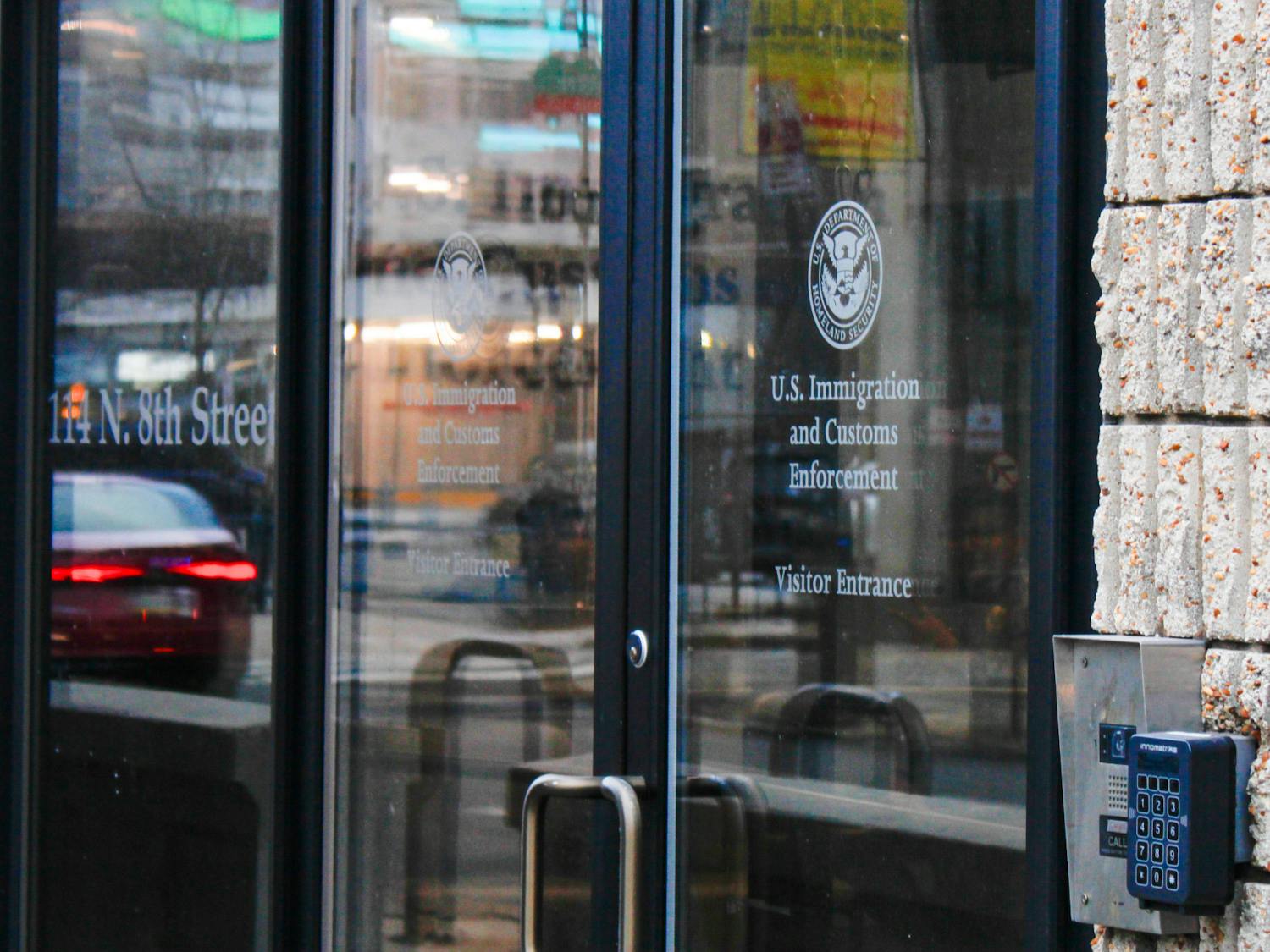It’s basically Spring Fling (woohoo!), which — for many Penn students — means going on a self-indulgent binge of getting wasted at downtowns and continuing the party all day long for on-campus festivities.
But this year, Fling’s got an added level of destruction (and you thought it couldn’t get any crazier). This year, a select group of individuals will spend the Saturday of Fling at Dayglow, “The World’s Largest Paint Party.”
“What’s so destructive about a paint party?” you ask. Well, it’s not the paint, and it’s not the partying per se. It’s the tendency that some partygoers have to roll — that is, take ecstasy, for the event.
It’s times like this that college students can feel faced with a dilemma. To try or not to try? And, in all honesty, putting all moral and legal judgments aside, I don’t think that there’s a quick answer.
On the one hand — hypothetically speaking, of course — ecstasy sounds freakin’ awesome. Belonging to a very special class of drugs called entactogens, the effects of ecstasy — or MDMA — go beyond that of a normal stimulant like amphetamine or cocaine.
The National Institute on Drug Abuse states that ecstasy produces feelings of increased energy, euphoria, emotional warmth and distortions in perception, time and tactile experiences. When I asked a friend (who wished to remain anonymous for legal implications) what it was like, she said, “Imagine the best you could ever feel sober. Now times that by 100. Everything feels amazing.”
Scientifically speaking, the effect of ecstasy can be explained it terms of what it does chemically to your brain. Without going into all the details, taking ecstasy causes a massive release of serotonin — a chemical involved in mood, sleep and memory. It also associated with increased oxytocin (the “love” hormone) in the brain, making you feel emotionally closer to those around you.
A mood boosting, energizing, love potion — admit it, that sounds pretty awesome.
Obviously, ecstasy isn’t without negative effects. A lot of students don’t believe that trying ecstasy once or twice is that bad for you, but the effects of an overdose can be potentially lethal.
And in the words of another student who wished to remain anonymous, “There’s no way that it’s good for you.”
But the thing is, well, there’s no solid conclusive evidence that it is or it isn’t. But when it comes to brain damage, I like to err on the side of caution.
Most studies find long-term users of the drug suffer significant memory problems. A 2011 study linked it to structural brain damage in the memory center (the hippocampus) and potentially the later onset of Alzheimer’s.
In the short term (because it can be hard for us youth to be bothered by long-term problems), the findings are somewhat mixed. A 2008 meta-analysis analyzed findings from 26 studies and concluded that taking the drug, even just once, can cause significant short- and long-term memory loss. Another 2006 study found that although low doses of ecstasy don’t severely damage the serotonin system or affect mood, they do lead to decreased memory function.
Come on, we can all agree that ecstasy won’t do your brain any favors. And with a lot of research suggesting memory problems might be your number one concern, taking it right before finals probably wont help you make that A.
Personally, I choose to be a little cautious when it comes to drugs (yes, I’m a constant source of pride for Mom and Dad), but at times like Fling, at a place like college, it’s easy to see why people toeing the line happen to fall just on the other side.
“Pot, maybe. But ecstasy?” the second anonymous student said. “I just don’t need to go there.”
Sally Engelhart is a College junior from Toronto. Her e-mail address is engelhart@theDP.com. Scientifically Blonde appears every other Thursday.








